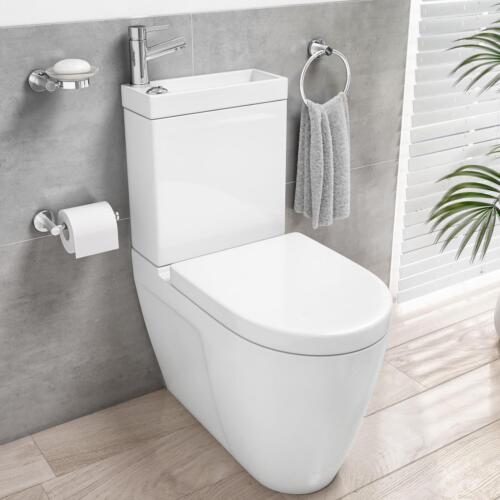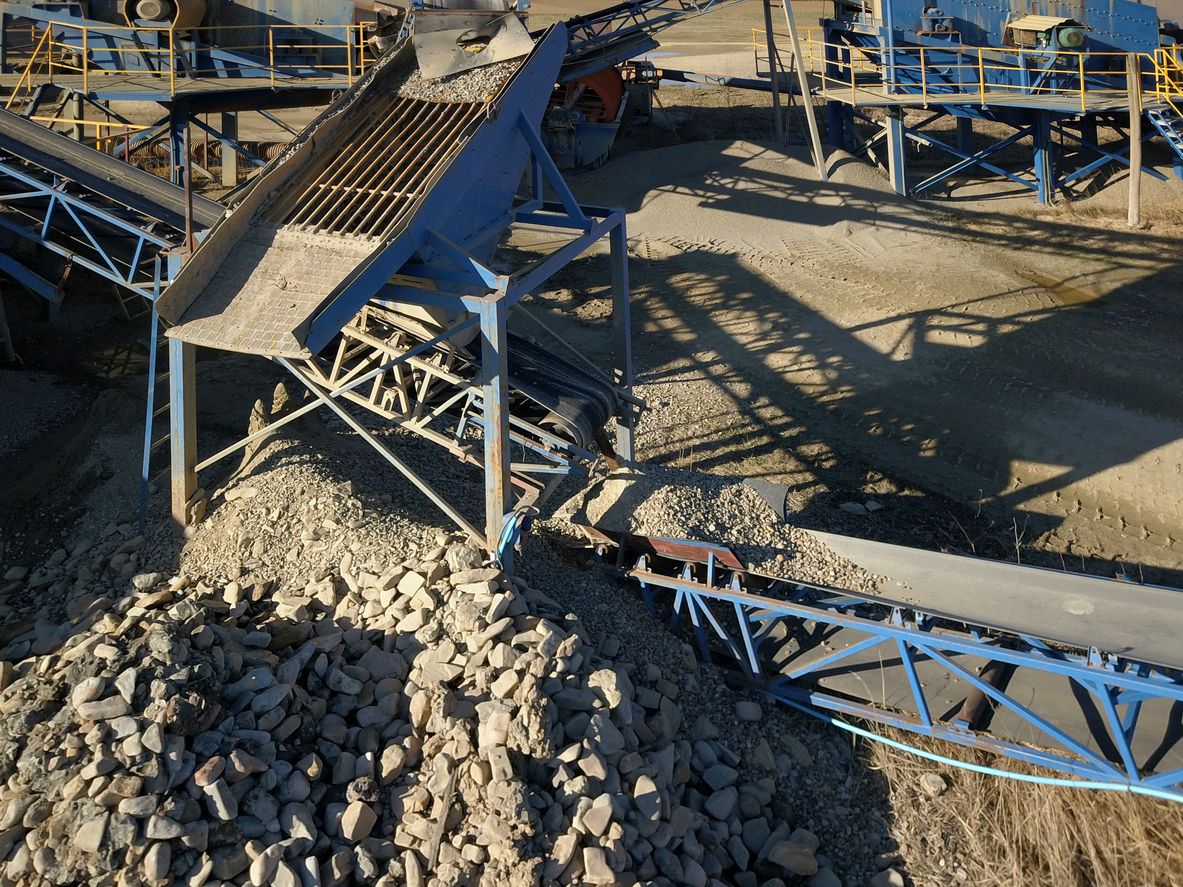A Comprehensive Guide to Toilet Building in Nigeria – An Overview of the Challenges & Solutions
A Comprehensive Guide to Toilet Building in Nigeria – An Overview of the Challenges & Solutions
Toilet building in Nigeria has been identified as a major challenge for many years. The lack of proper sanitation and access to basic sanitation facilities has been a major problem for the country, leading to a number of health and social issues. Building toilets in Nigeria can be a difficult task due to the unique set of challenges that the country faces. This guide aims to provide an overview of the challenges and solutions to toilet building in Nigeria. It will discuss the various types of toilets available, their pros and cons, and the best practice solutions for toilet building in Nigeria. It will also provide an overview of the various stakeholders involved in toilet building and the importance of taking a collaborative approach to address the toilet building challenge. With this comprehensive guide, readers will be better equipped to understand the challenges and solutions in toilet building in Nigeria.
Types of Toilets Available in Nigeria
The most important factor to consider when building toilets in Nigeria is the type of toilets that best suit the local conditions and the type of toilet most suited to local conditions and the type of toilet most suited to the local conditions. There are three types of toilets available in Nigeria: Flush Toilet, pour-flush, and pour-pour.
Pros and Cons of Different Toilet Types
Flush Toilet – Pros – The flush toilet is the most common type of toilet in the world. It is a water-based toilet system where the waste is flushed through a sewage system. In this type of toilet system, the water is used for cleaning the toilet bowl and the water can also be used for flushing the waste. Cons – Flush toilets are not suitable for areas with a low water supply or availability. This type of toilet system requires a large amount of water to flush the waste and this can be a challenge in water-scarce areas. Additionally, the water used in the flush toilet system goes through a complex network of pipes before being discharged into the environment. The discharge of untreated water can affect the surrounding environment. Pour-flush Toilet – Pros – The pour-flush toilet is a type of flush toilet that does not require a water connection or a sewage system to dispose of the waste. Instead, a container next to the toilet is used for the collection of the waste and is manually poured into a pit or a hole in the ground. Cons – The pour-flush toilet is not recommended for areas with limited water supply due to the manual disposal method. The manual removal of the waste from the container to the pit or hole can be a challenge if there is a high population in the area. Pour-pour Toilet – Pros – The pour-pour toilet is a low-cost toilet system that does not require a water connection. The waste is poured into a pit or a hole in the ground and is not flushed. Cons – The pour-pour toilet system is only suitable for areas with a low population as it does not provide any form of sanitation. The waste can be an attraction for flies and other insects, posing a health risk to the people in the area.
The Importance of Collaborative Approach to Toilet Building
Collaboration is the key to solving many of the challenges faced when building toilets in Nigeria. Successful toilet building efforts rely heavily on collaboration with the government, the private sector, civil society organizations, and donors. Toilet builders should therefore be strategic in identifying the best collaboration opportunities to address the toilet building challenge. The government is the primary stakeholder that can help with funding and also mobilize communities for toilet construction. The private sector can be engaged for supporting the manufacturing of toilets and for installing the toilets. The civil society can provide technical support and volunteer for construction. Donors can contribute financially or provide technical support for building toilets. Working together and engaging with these stakeholders can help with addressing many of the issues associated with toilet building in Nigeria.
Challenges in Toilet Building in Nigeria
The lack of proper sanitation and access to basic sanitation facilities has been a major problem for the country, leading to a number of health and social issues. These issues have resulted in many people having no access to a toilet facility. The lack of proper toilet facilities has also led to contamination of surface and groundwater and has caused many public health issues. The main challenges in toilet building in Nigeria are discussed below. Limited Budget – The lack of funds at both a federal and state level has been a major challenge in toilet building in Nigeria. Despite the importance of sanitation, sanitation programs have not received much attention or funding. This has resulted in a limited budget for toilet building programs. Poor Planning for Toilet Building Programs – Although the importance of toilet building is recognized, many Nigerian state governments have not conducted proper planning for toilet-building programs. This has resulted in many of the programmed funds not being utilized due to a lack of toilet construction. The lack of planning has been identified as one of the major challenges in toilet building in Nigeria. Lack of Awareness About the Importance of Toilet Building – Many people lack awareness about the importance of building toilets. This has resulted in poor demand for toilets and therefore a limited supply of toilets. This challenge has also led to many people not participating in the toilet-building programs.
Solutions to Toilet Building in Nigeria
A collaborative approach can help with resolving many of the challenges in toilet building in Nigeria. The government can be engaged to provide funding and also mobilize communities for toilet construction. The private sector can be engaged for supporting the manufacturing of toilets and for installing the toilets. The civil society can provide technical support and volunteers for construction. Donors can contribute financially or provide technical support for building toilets. Working together and engaging with these stakeholders can help with addressing many of the issues associated with toilet building in Nigeria. Furthermore, taking a collaborative approach can help with resolving issues such as a lack of funds, poor planning, and a lack of awareness.
Stakeholders Involved in Toilet Building in Nigeria
The government is the primary stakeholder that can help with funding and also mobilize communities for toilet construction. The private sector can be engaged for supporting the manufacturing of toilets and for installing the toilets. The civil society can provide technical support and volunteers for construction. And finally, donors can contribute financially or provide technical support for building toilets. Working together and engaging with these stakeholders can help with addressing many of the issues associated with toilet building in Nigeria.
Best Practices for Toilet Building in Nigeria
Building toilets in Nigeria can be a challenging task due to the unique set of challenges that the country faces. This guide aims to provide an overview of the challenges and solutions to toilet building in Nigeria. It will discuss the various types of toilets available, their pros and cons, and the best practice solutions for toilet building in Nigeria. It will also provide an overview of the various stakeholders involved in toilet building and the importance of taking a collaborative approach to address the toilet building challenge. With this comprehensive guide, readers will be better equipped to understand the challenges and solutions in toilet building in Nigeria. The best practices for toilet building in Nigeria include the following: >
Conclusion: Summary of Challenges & Solutions to Toilet Building in Nigeria
Building toilets in Nigeria can be a challenging task due to the unique set of challenges that the country faces. The lack of proper sanitation and access to basic sanitation facilities has been a major problem for the country, leading to a number of health and social issues. The main challenges in toilet building in Nigeria are discussed above and the best practices for toilet building in Nigeria are also discussed. With this comprehensive guide, readers will be better equipped to understand the challenges and solutions in toilet building in Nigeria.








LEAVE A COMMENT
You must be logged in to post a comment.